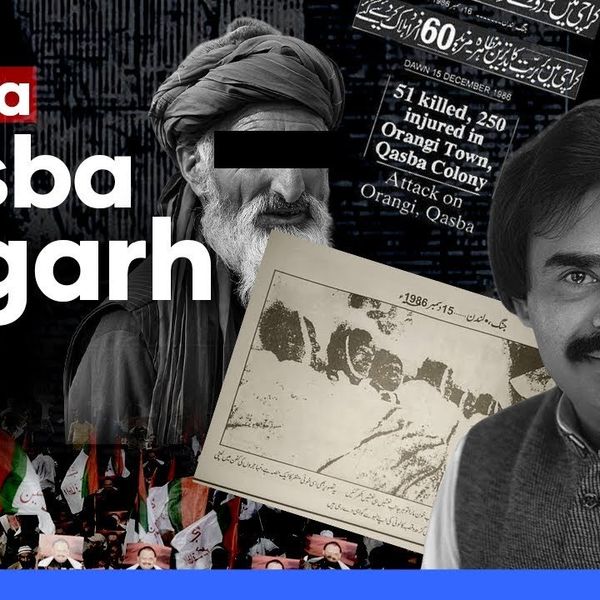A look back at CJ Isa’s impact on Pakistan’s judicial landscape
Nukta CEO and founder Kamran Khan discusses significant changes during Chief Justice Qazi Faez Isa’s term and their implications
News Desk
The News Desk provides timely and factual coverage of national and international events, with an emphasis on accuracy and clarity.
Today, On My Radar covers both a welcome and a farewell. The welcome to Chief Justice Yahya Afridi, and farewell to outgoing Chief Justice Qazi Faez Isa.
With this transition, Pakistan’s judicial history is closing one chapter and beginning another. Reflecting on the recent past, CJP Isa, from September 2023 until October of this year, avoided judicial activism and hard-hitting observations. Yet, he ranks among the chief justices who faced isolation from fellow judges, with his judgments often being minority opinions. His tenure is marked by a mix of controversial decisions and unique innovations.
Perhaps uniquely, he was the first chief justice rumored to have been offered an extension, which he reportedly declined. His elevation as Chief Justice of the Balochistan High Court directly after joining it was unusual. Another distinctive moment came when Justice Isa was nominated as Chief Justice nearly three months before his predecessor, Chief Justice Umar Ata Bandial, retired. In a twist, former President Dr Arif Alvi, who once filed a reference against Justice Isa in the Supreme Judicial Council, administered his oath as Chief Justice. Justice Faez Isa took the oath in both English and Urdu, with his wife, Sarina Isa, standing beside him on stage.
Before becoming Chief Justice, Justice Faez Isa refrained from hearing cases for five months, deeming all Supreme Court benches unconstitutional until a ruling on the Practice and Procedure Act.
Once he took office, he convened a full court meeting on his first day, appointed a female sessions judge as Supreme Court Registrar for the first time, and published his assets on the Supreme Court website.
To curb the discretionary powers of the Chief Justice of Pakistan, he scheduled the Practice and Procedure Act case for a hearing, formed a committee of senior judges for bench formations, and appointed a full bench for his first case.
Notably, this full court meeting occurred after four years, and the live coverage of court proceedings in front of a full bench happened after 39 months—an unprecedented move in Pakistan’s history.
Isa's tenure exposed rifts in the judiciary, with fellow judges expressing differences through letters and public resignations. For instance, just weeks before the election, Justices Mazahir Ali Naqvi and Ijazul Ahsan resigned, with Ahsan’s exit clouded in mystery as he was next in line for chief justice. Additionally, judges from the Islamabad High Court raised concerns over executive interference, which Faez Isa took up suo moto.











Comments
See what people are discussing